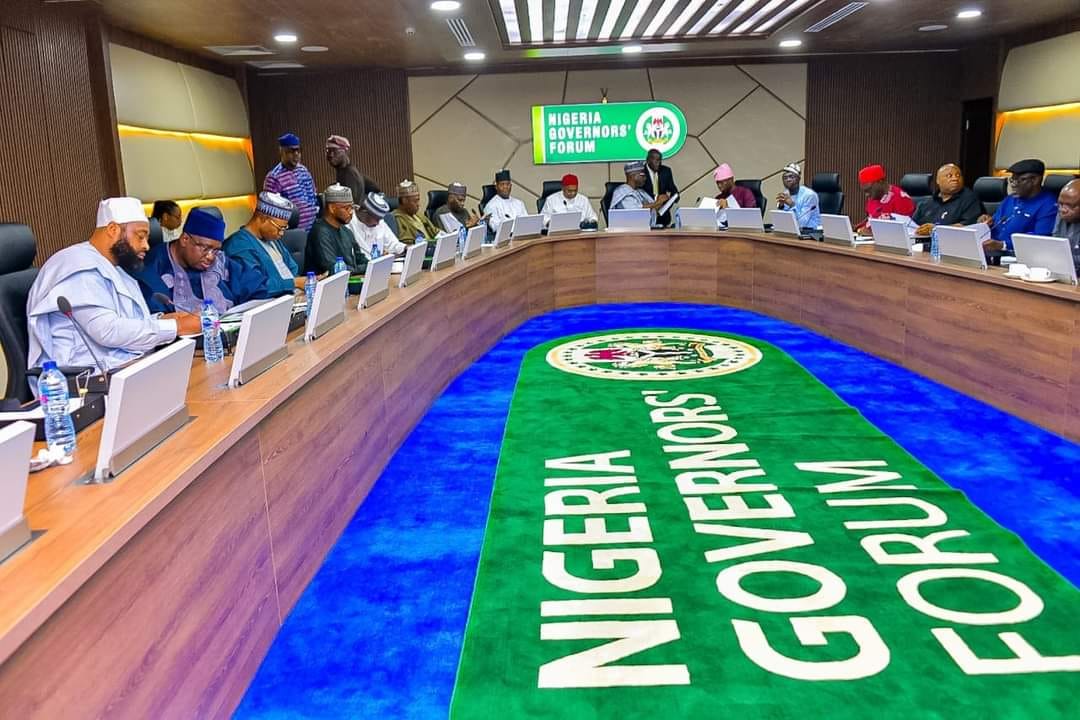Ejimakor, when he woke from his situation, narrated that he could not sit straight or stand as nurses at the Kuje prison are attending to him. ArticlesRead More
Stakeholders Urge Shell to Address Lingering Issues of Pollution Before Divestment
Stakeholders Urge Shell to Address Lingering Issues of Pollution Before Divestment
Blessing Ibunge in Port Harcourt
Stakeholders from oil pollution affected communities in Niger Delta have urged oil multinational, Shell Petroleum Development Company, to own up to responsibility and ensure it addresses all lingering issues concerning pollution in the region before divestment.
The stakeholders also demanded reparations and compensation from divesting oil companies and their succeeding companies.
The call was made in a meeting of community representatives from Delta, Rivers, Bayelsa and Abia, facilitated by the EDEN Resource Centre in Yenagoa, Bayelsa State.
The organisation said the aim of the meeting was to raise awareness of community members, educate local communities on their rights and how to hold Shell, presently Renaissance Africa Energy Holdings and other local oil companies accountable for the alleged continuous pollution of the region.
Executive Director of EDEN, Chima Williams, had severally taken advocacy efforts to the Nigeria Extractive Industries Transparency and other authorities seeking justice for communities affected by oil pollution in the region.
Deputy Executive Director of EDEN, Alagoa Morris who led the meeting, stated that the interactions and shared experiences of affected communities were necessary in order to strategise on how to collectively confront the polluters.
He described the divestment of Shell as a ploy to escape the consequences of decades of environmental and human rights abuses, while operating under the guise of local oil companies.
While sharing their experiences in their various communities, the issues of reoccurring oil spills, polluted lands and waters, low crop yields, health-related issues, communal crisis and deaths, and lack of infrastructural development were the testimonies of all the communities represented.
They condemned the divestment of Shell and other companies, pointing out that rhetorical divestment was just a name change, while the operators and their operations remain the same.
The stakeholders lamented that the communities have become helpless in these dire situations, as intimidation and divide-and-rule tactics have been employed by these companies to keep the communities suppressed and silenced.
Also speaking at the meeting, EDEN’s Programme Manager on Women and Gender, Keziah Okpojo, emphasized on the importance of women inclusion in climate and environmental justice system.
She added that “the voice of the woman who is at the forefront of the consequences of environmental pollution is vital in decision making and advocacy efforts towards seeking justice and accountability.”
Akpotu Ziworitin and Sabastan Kpalaap at the meeting highlighted the human and environmental rights of the people and the need to continue to speak up to uphold these rights and ensure accountability from oil companies.
Media and Communication Manager of EDEN, Elvira Jordan, noted the role of social media in environmental advocacy, and how communities can utilise the internet to expose the injustices of the oil and gas sector.
She said social media provides a wide opportunity to reach oil companies, government regulatory agencies, civil society organisations, human rights advocates and other stakeholders.
While presenting their testimonies, Okala Precious from Elebele Community in Bayelsa, stated that the oil and gas experience of his community has been really bitter.
He pointed out that “despite the continuous destruction of livelihoods and the near extinction of aquatic life, the succeeding company took over without any information to the people, except for a letter to one of the biggest families in our community to announce their arrival.
“The company keeps tapping our resources without an equivalent dividend to show. Our environment is highly polluted. The only thing that gave us joy was our power supply but we are experiencing a decommissioning of which the generating set went bad a year ago. Even the Petroleum Industry Act (PIA) which is supposed to protect the community, prohibits us from protesting against the injustice we are experiencing.”
On his part, representative from Abia State, Nelson Nwafor, decried the attitude of the companies to the people, as they have closed every window of dialogue by intimidating the community folks with security agencies.
“Our stories of pollution and environmental degradation are the same with other oil producing communities. Accessing these companies for a dialogue have become very difficult. They use security men and armed forces to intimidate the people, especially the youths when they speak up.
“When there is a spill, they use the divide and rule system to make sure that we do not speak up on what is right. We should strategise on how to engage these companies together, to demand accountability.”
Ngbar Lezin, who represented Korokoro Community in Tai LGA of Rivers State, spoke on how oil and gas exploration has affected the health and quality of life of the people in her community.
She lamented that after decades of pollution by Shell, they have neglected the need to carry out a health audit of the people in the community, and a responsive medical care to cater for the multiple issues of stroke, miscarriages, early menopause and blindness that has swept across the community.
Jonah Gbemre from Iwherekan/ Otu-jeremi community in Delta, highlighted how even the justice system has failed the host communities, citing the landmark judgement that was given to his community in 2002 to end gas flaring.
According to him, the judgement has not been acted upon 23 years later. He added that communities need to work together in the fight for justice and accountability.
Blessing Ibunge in Port Harcourt Stakeholders from oil pollution affected communities in Niger Delta have urged oil multinational, Shell Petroleum Development Company, to own up to responsibility and ensure it addresses all



